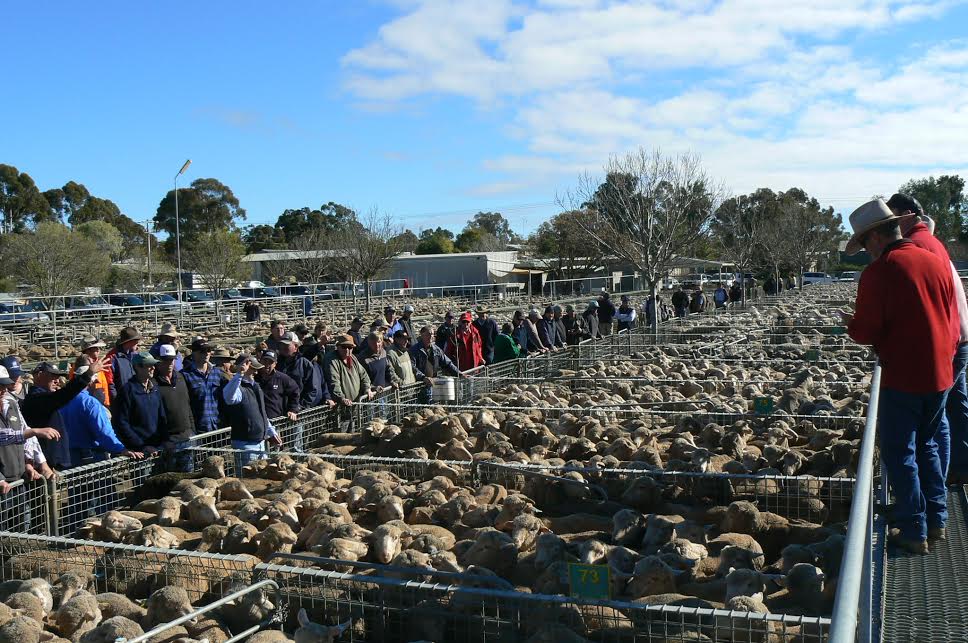IT has long been understood that cattle and sheep sales are more than places to simply transact livestock, serving also as a regular gathering point and valuable social outlet for the livestock sector.
However, little research has been conducted to quantify just how valuable saleyards are to the wellbeing of rural communities and the people that attend physical livestock sales.
A new report has now been released seeking to fill that gap, drawing on online surveys of 152 people and in-person interviews with 105 people at six saleyards across five Australian States.
Key findings of the “Social Value of Saleyards Research Report” released on Monday include:
– 96 percent of people identified that when they’re not buying and selling, they are socialising – “catching up with their mates and having a laugh”
– Stakeholders undertake information sharing, networking and market research and learning from one another
– Not being able to attend saleyards led to an increase in loneliness and social isolation for stakeholders
– Saleyard communities provide a ‘hub’ to deliver a range of services to a diverse group of people.
The Social Value of Saleyards Research Report is the result of a research project conducted by Blue Wren Connections and commissioned by the Australian Livestock Markets Association, the national industry body for saleyard owners and operators in Australia.
Despite a widespread understanding that saleyards bring a vibrancy and energy to communities and sale days are a significant contributor to reducing social isolation, building community identity and promoting well-being in the population, there is a clear absence of research into the social value of sale days at livestock selling centres, the study noted.
ALMA identified that it was important to capture the data to reflect and give evidence of the social value in having saleyards operating in regional communities in rural Australia.
The report said the research provided evidence that saleyards create a place for social connection and when people have limited access to be able to attend, they experience loneliness and social isolation.
“The data suggests stakeholders that attend the saleyards build a sense of connection and belonging through positive social interactions such as: sharing stories, a smile, shaking hands, networking, learning about best practise and industry development and having a meal and a coffee at the canteen.
“For this cohort of rural Australians, saleyards provide a place for connection and storytelling.
“People experience being listened to and this in turn allows for people to feel better about themselves.”
Often people may not discuss the complex topics in their lives, however the positive experiences happening at the saleyards increased people’s well-being, the report noted.
Of those who gave interviews, 57pc reported that they experienced social isolation, 59pc experienced loneliness, 46pc experienced a decline in not being able to share information and learn from peers.
60 percent of participants identified that in addition to buying or selling livestock, they came together at saleyards for social reasons.
To view the full report click here




HAVE YOUR SAY